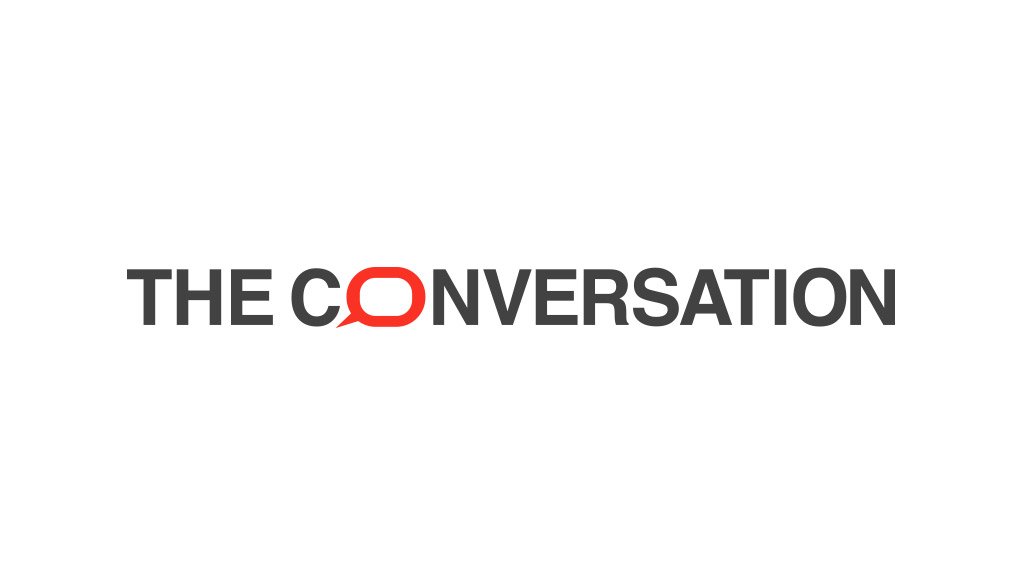South Africa’s higher education ministry issued a “call to action” in October 2015 for real change in the sector. It wants universities to become more democratic spaces whose staff and student bodies represent the country’s racial and gender diversity. It wants an end to colonial approaches to teaching and learning.
But students are not prepared to wait until others in the sector are ready to change. Throughout 2015, they have issued their own calls to action.
It is underscored, they say, by the many forms of “violence” they experience daily on campuses and in society.
-
The symbolic violence of oppressive signs, symbols and artwork that adorn academic and social spaces.
Advertisement
-
The violence of highly contested curricula coupled with their disempowering teaching methods.
-
The tangible violence of inequality and poverty experienced by the masses in South African society during their daily grind.
The students' movement has stretched South Africans in personal, professional, powerful and provocative ways. What remains to be seen is whether academics have been stretched enough to reflect deeply on the status quo at universities – and to respond with equal vigour.
What is ‘normal’?
Students have disrupted normativity in higher education by challenging the way that educators, researchers and university managers embody and enact academic worlds. In disrupting what is considered “normal”, students force the sector to focus sharply on the question: normal for whom?
Daily, students experience alienation, knowledge and cultural blocks and social exclusion as “normal” ways of being at university. This is despite classrooms being technically multicultural and diverse – student numbers reflect the country’s demographics far better than they ever have before.
The disruption of normality in 2015 has brought discomfort, as it always does. The very essence of humans' existence and survival as a species, group, race, class, gender and sector is threatened when things are not “normal”. And with discomfort comes fear.
But as academics look at what is happening in South Africa’s universities, how can they mediate this fear? What can be learned from these students, if anything?
Not just content but form
Students’ conversations emerging from the student protests are provocative – not just in content but in form. They have called attention to universities' hierarchical and often patriarchal organisational practices.
When students occupy a university or government space like Parliament, they signal their gross discontent with an institution’s seat of power.
The blockade at many universities, for example, was a physical and a symbolic gesture. It highlighted students' blocked access to the conceptual and cultural “goods” of the university.
The national shutdown was symbolic of the frustration felt by many students who are forced to “shut up” in dominant university spaces that continue to exclude and alienate them.
So it’s not just about what they are saying but how they are enacting discourses of disruption that extends the current debates beyond fee hikes and other logistical and operational aspects. But how do academics engage with this when the very form that’s being looked at causes us to be so unsettled and discomforted?
Counter-narratives
Transformation is a contested term but, in its main use, refers to changing stereotypical views of others based on their gender, race or disability. Today it has to be thought in terms of access and success, social inclusion and cohesion in institutional spaces.
By embracing decolonisation, students offer powerful counter-narratives to this established discourse of transformation. They are well versed in theorists and writers like Frantz Fanon and Steve Biko. They are eloquent and articulate about their position. They criticise transformation for its number-crunching focus through which universities make superficial and shallow claims of having transformed based on quotas, demographics and tick-box audits.
“Transformation”, they say, has become a proxy for deeper issues that remain unchanged. These surfaced, for instance, in the Open Stellenbosch movement’s calls for a change to their institutions' language policies.
“Decolonisation” on the other hand offers an important counter-narrative to the neoliberal and corporate narrative in the university sector. Decolonising universities involves stripping bare and dismantling institutionalised power. It is an act of breaking free from this power and consciously opening one’s mind to new possibilities.
The strategic and revolutionary ways in which students have organised themselves make the student movement a performative one: it does what it says and says what it does. The movement is “leaderless but not purposeless”, as one #Rhodesmustfall student explained in a dialogue:
There are no recognisable leaders in our movement; some people come forward and others retreat; new people emerge and thus the continuous fluidity of the movement sustains itself.
Individual martyrdom, it seems, is not the goal. Social and collective momentum keeps the movement energised.
The students who have stepped out of the shadows during the protests also provide a counter to universities' heteronormative narratives. Lesbian, gay, transgender, queer and female students and spokespersons were very visible. This disrupted normalisations of identities, heterogeneity, whiteness and privilege. It foregrounded the idea that all struggles are intimately linked.
Where to for ‘normal’ business?
What does this signal to academics, researchers and higher education teachers? Surely it cannot be “business as usual” going forward. How do learned experts in academia reflect on the national student protests in ways that challenge them to change the status quo in classrooms?
Or are academics and universities happy to reproduce cycles of inequity that have led to the eruptions and disruptions that dominated 2015?
Written by Kasturi Behari-Leak, Academic Staff Development Lecturer - teaching and learning specialist, University of Cape Town
This article was originally published on The Conversation. Read the original article.
EMAIL THIS ARTICLE SAVE THIS ARTICLE
To subscribe email subscriptions@creamermedia.co.za or click here
To advertise email advertising@creamermedia.co.za or click here











